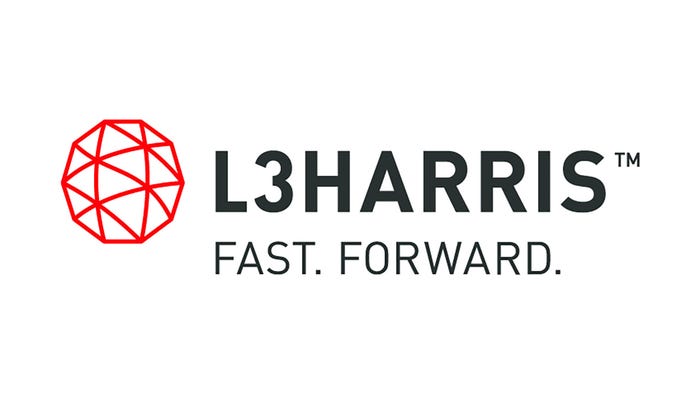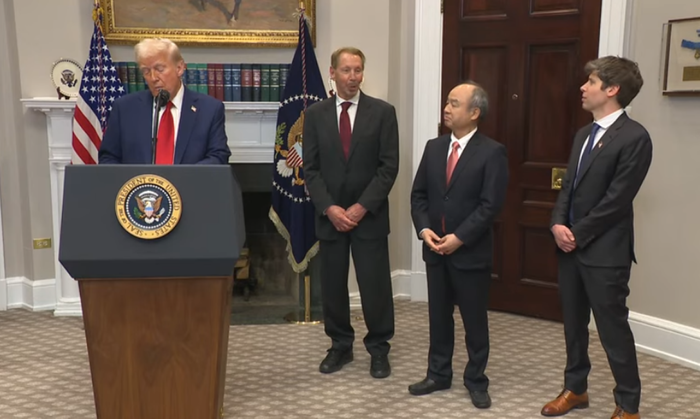Florida plans to deliver L3Harris EDACS-P25 devices to SLERS users during next yearFlorida plans to deliver L3Harris EDACS-P25 devices to SLERS users during next year

Many Florida first responders that use the Statewide Law Enforcement Radio System (SLERS) in the next year are scheduled to receive new L3Harris devices that will support communications on existing EDACS system and the upcoming P25 network, as well as interoperate with FirstNet.
Matt Matney, public safety bureau chief for the Florida Department of Management Services (DMS) division of state technology, today told members of SLERS Joint Task Force Technical Committee that the state reached an agreement with L3Harris, although details will not be shared until the contract is “finalized” by the state’s general counsel.
Florida public-safety agencies subscribing to SLERS repeatedly have reiterated the need to replace aging EDACS mobile and portable radios, and Matney said this was priority in the legislative and contract negotiations with L3Harris. State officials plan to have new radios installed by the end of the state’s current fiscal year—June 30, 2022—that are designed let agencies transition smoothly from the existing EDACS EA system to the statewide P25 network that L3Harris will be building, Matney said.
Agencies subscribing to the SLERS will play key roles in the deployment of the new radios and their acceptance, as well as with the P25 system, Matney said. State agencies will be allowed to see the contract with L3Harris after it has been finalized by the general counsel.
This new contract with L3Harris was established under a budget framework approved by the Florida Legislature and signed into law by Gov. Ron DeSantis. Budget language called for DMS to sign a 15-year contract with L3Harris to maintain the existing EDACS EA network—the last one in the world to use this technology—and build a new P25 system, as well as earmarking $55 million to be spent on the new EDAC/P25 radios.
The reason the legislative action for a P25 upgrade to SLERS was deemed necessary by many is that Motorola Solutions did not agree to a contract with the state after being selected in the procurement phase and surviving a lengthy protest from L3Harris. In January 2020, DMS announced that it ended talks with Motorola Solutions after the LMR giant declined to sign a contract based on the terms of its bid, according to a state official.
Florida lawmakers awarded the no-bid contract to L3Harris—referenced as “the entity that was operating the statewide radio communications system”—at the end of April, during the final week of this year’s legislative session. Legislators took the unusual measure while citing the need for “emergency action,” as the existing SLERS contract with L3Harris was due to expire on June 30.
One condition included in the budget language was that the P25 network would need to be interoperable with FirstNet, the nationwide public-safety broadband network (NPSBN) being built by AT&T—believed to be the first such legal stipulation, according to sources.
During the Technical Committee meeting, the Florida Highway Patrol representative mentioned plans to test FirstNet PTT, the broadband push-to-talk service from FirstNet that is designed to comply with the 3GPP mission-critical-push-to-talk (MCPTT) standard.
A representative from L3Harris said during the meeting that the LMR vendor is prepared to interoperate with FirstNet via its BeOn platform, but some engineering work likely will be required to implement interoperability with FirstNet PTT.
Earlier this year, Florida Department of Management Services (DMS) officials initiated a procurement to select a vendor to build the SLERS P25 system, but many were concerned that the bidding process would fail to yield a system in a timely manner—the result of the previous SLERS P25 procurement and contract cycle. Presumably with this in mind, lawmakers opted to forego a procurement and have incumbent SLERS vendor L3Harris build the network, as explained in the budget language.
“In recognition of the critical nature of the statewide law-enforcement radio communications system, the Legislature finds that there is an immediate danger to the public health, safety, and welfare, and that it is in the best interest of the state to continue partnering with the system’s current operator,” the budget states. “The Legislature finds that continuity of coverage is critical to supporting law enforcement, first responders, and other public-safety users. The potential for a loss in coverage or a lack of interoperability between users requires emergency action and is a serious concern for officers’ safety and their ability to communicate and respond to various disasters and events.
“The department [DMS] … shall enter into a 15-year contract with the entity that was operating the statewide radio communications system on January 1, 2021. The contract must include:
“1. The purchase of radios;
“2. The upgrade to the Project 25 communications standard;
“3. Increased system capacity and enhanced coverage for system users;
“4. Operations, maintenance, and support at a fixed annual rate;
“5. The conveyance of communications towers to the department; and
“6. The assignment of communications tower leases to the department.”
DMS has not made an announcement about the P25 bidding to date, but all sources have acknowledged that it was expected that the procurement process—already delayed indefinitely, after bids originally were going to be due on May 11—would be abandoned after a contract with L3Harris is finalized.
By naming L3Harris as the P25 vendor via the legislative process, the state could save valuable time in getting the P25 system built and operational. In addition to not having to receive and evaluate bids, this approach would prevent a lengthy protest period that would delay the beginning of construction.
According to the SLERS-2 business case prepared by Federal Engineering, the best-case-scenario timeline for SLERS-2 called for the P25 system to be operational during the latter half of 2026—a timeline that does not include delays for protests or other reasons. Many sources within Florida have questioned whether the existing SLERS could be maintained to provide effective mission-critical voice communications for that long.





_Zoonar_GmbH_Alamy[1].jpg?width=700&auto=webp&quality=80&disable=upscale)